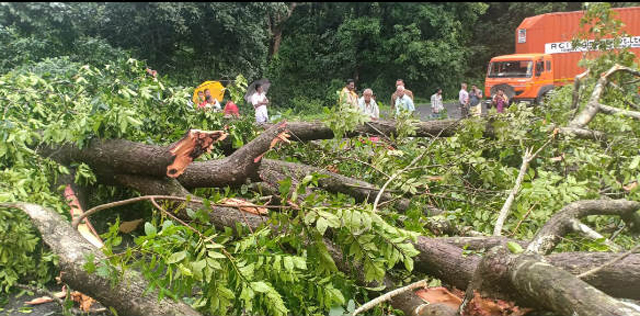
Manipal, October 20: The Department of Community Medicine at Kasturba Medical College will host the 23rd annual conference of Karnataka Association of Community Health on October 21 and 22, at Fortune Inn Valley View.
Speaking to media persons, Department of Community Medicine Head Dr Veena Kamath informed that the theme of the conference is “Infectious diseases: current scenario, future perspectives and challenges for public health”. The theme for the CME is “Current issues in infectious disease epidemiology”. As many as 300 delegates are expected to take part.
Indira Gandhi National Open University (IGNOU), Delhi, Professor Dr A K Agarwal will be the chief guest on the occasion, she added.
Kamath said there will be a full schedule of contributed papers, invited lectures, symposia and posters covering a wide variety of topics related to infectious diseases on the occasion, she added.
The speakers for the first symposium on “Emerging infectious diseases: A public health concern,” are Dr Soumya Swaminathan, from National Institute of Research in Tuberculosis, Chennai; Dr R C Dhiman from National Institute of Malaria Research; Dr Ravikumar, senior regional director, MOHFW, she informed.
“Atimicrobial resistance - Time for action now” is the theme for the second symposium and the speakers are Dr Ranganathan Iyer from Global Hospitals, Hyderabad; Dr R S P Rao from Ras Al Khaimah, UAE and Dr Dilip Mathai Professor from CMC Vellore.
The third symposium, “Infectious diseases: Current scenario and future perspectives” will have Dr N Girish from NIMHANS; Dr Pawan Murthy from WHO, Dr Ramachandra Bairy, DHO Udupi district and Dr H R Raveendra, India TB Program, PATH.
The fourth symposium is about “Alcohol and public health”.
The speakers are Dr Vivek Benegal and Dr N Girish from NIMHANS, Bangalore, Dr Samir Praharaj from KMC Manipal, Dr Krishnamurthy and Dr Leonard M from Manipal University.
Veena Kamath informed that the department has taken up maternal and child health care programmes in the areas like Padubidri, Kaup, Katpadi, Alevoor, Malpe and Udyavara.
Besides health services catering to the needs of as many as 50,000 people are offered covered by insurance scheme which is free of premium. School health programmes are conducted in association with government programmes. The department has offered health check ups to the students of as many as 12 schools in the time span of 2 months, she said.






Comments
Community Medicine is a branch which deals with community health problems. But most community medicine experts have only theoritical knowdlge and no first hand practical exposure They are all arm chair people
Add new comment